According to a new Annenberg Public Policy Center survey, most people are uncertain about which vaccinations are safe and recommended for pregnant people.


According to a new Annenberg Public Policy Center survey, most people are uncertain about which vaccinations are safe and recommended for pregnant people.

Amid a significant U.S. measles outbreak, a new APPC survey finds that many Americans do not understand the potential severity of the disease.

APPC and CHOP's Vaccine Education Center produced a video showing why it is virtually impossible for foreign DNA fragments to damage our own DNA.
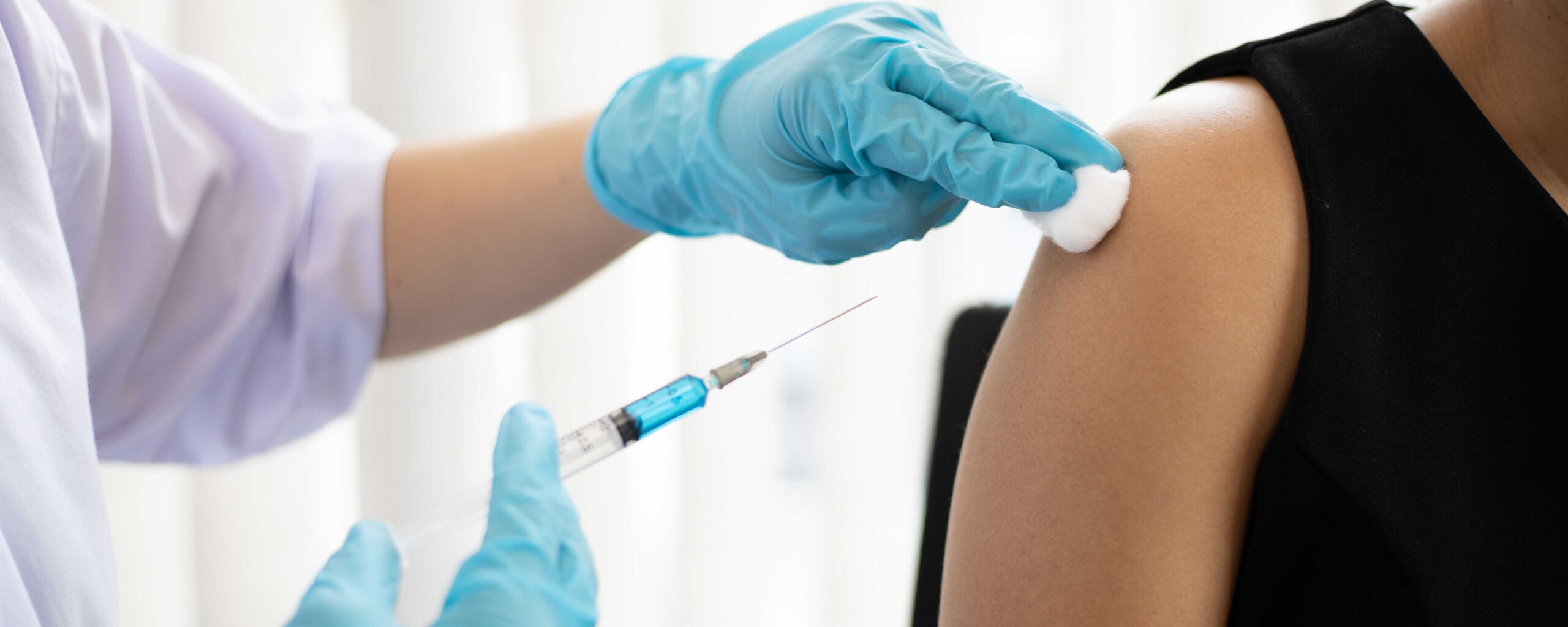
A paper reviewing APPC research during the pandemic finds a "conspiracy mindset" was a major factor in resistance to Covid vaccination.
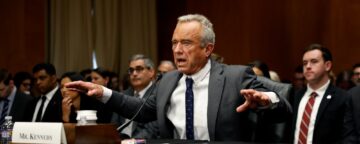
We've compiled a list of essential FactCheck.org reads about Secretary of Health and Human Services nominee Robert F. Kennedy Jr. and his remarks about vaccines, autism, Covid-19 and other topics.
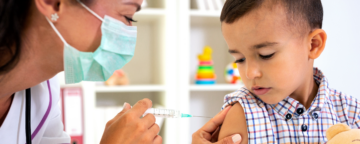
Most U.S. adults support school vaccination requirements and policies requiring children to be vaccinated against preventable diseases such as measles, mumps, and rubella, an APPC study finds.
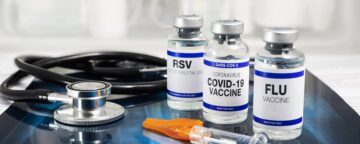
An APPC survey finds that RSV vaccines to protect older adults and newborns have become more widely accepted by the public over the last year.
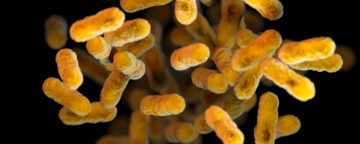
APPC survey finds that many Americans are unfamiliar with Whooping Cough symptoms and do not know that the Tdap vaccine protects against it.

An APPC study finds that while public worry about contracting RSV has dropped significantly in the past year, worry about flu and Covid-19 has not.

APPC health survey data finds that belief in vaccination misinformation has risen, and a willingness to vaccinate against Covid-19 is lower than in the past.